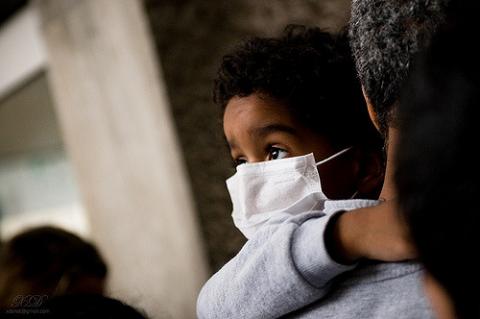Cross-border health threats preparedness and response

ASSET has been presenting at the international conference “Best practices in implementing the International Health Regulations (IHR)” that was held on June 7th and 8th, 2018 in Athens, Greece. This initiative has been promoted by several European Agencies (Directorate for Health and Food Safety – DG SANTE; Consumers, Health, Agriculture and Food Executive Agency – CHAFEA; European Centre for Disease Prevention and Control – ECDC) as well as by the hosting Greek institutions.
Concerning the fields of cross-border health threats preparedness and response and IHR implementation, the specific conference objectives were to present: • an overview of the current European framework • the monitoring and evaluation framework adopted by WHO • experiences and challenges in achieving interoperability • the results of EU-funded projects • lessons to Greek and European public health authorities in revising national plans and improving operational procedures.
Specifically, “Challenges in Public Health: Motivating the community – the ASSET Project” was the title of the presentation on ASSET results. The speech was included in the second session of the first conference day (June 7) where the main objective was to provide an overview both on the European action plan for Emerging, Chemical, Biological and Radiological (CBRN) threats, and on lessons learned from activities and projects financed in this area with valuable results for the public health sector.
In the end, ASSET revealed to be connected with many aspects that were presented during the two-day conference:
- The regulatory framework that is the Decision 1082/2013/EU on serious cross-border threats to health that – beside providing the framework to improve preparedness and coordinate response to health emergencies across the European caused by biological, chemical, environmental agents and threats of unknown origin (see ASSET on Intentionally Caused Outbreaks) – recognizes the relevance of an effective communication planning in the broader risk management;
- The cross-sectoral and multistakeholder approach to effectively tackle public health emergencies of international concern, standing for interoperability among different action levels that includes the involvement of several stakeholders. Based on a common language and mutual understanding (see ASSET ), collaboration has to be conceived in the same field (e.g., Ministries of Health, Transport, Home Affairs, Foreign Affairs and International Cooperation, Environment, Labour and Social Policies) as well as among different sectors (i.e., public, private, no-profit and NGOs). A crucial role is played by ports of entry such as airports, naval ports, crossing grounds (see ASSET );
- The Action Plan is the most relevant tool in matter of preparedness against CBRN threats at European level (see ASSET ) starting from a very practical approach that encompasses simulation exercises as well as professional training (see ASSET );
- The legacy and sustainability need to be carefully considered with particular concern to the relation and implications from international to national levels (see ASSET ).
